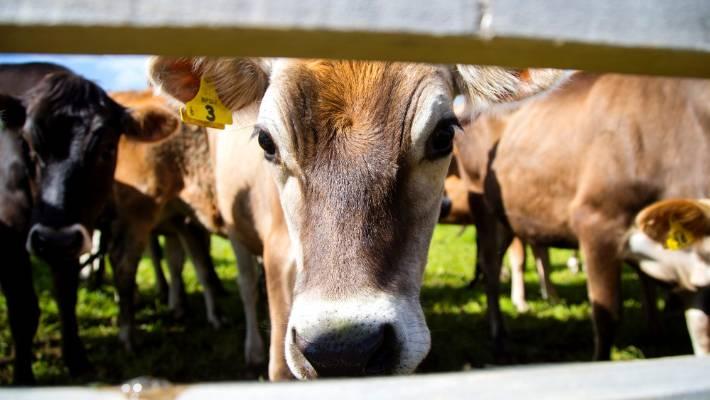Insights
All dried up? A dairy sector update.
l dried up? The dairy sector is a major part of the New Zealand economy, and Kiwi products are highly regarded by global markets.

The dairy sector is a major part of the New Zealand economy, and Kiwi products are highly regarded by global markets. For some time now, NZX-listed dairy companies, have been cash-cows for investors but the mighty trifecta has taken a tumble.
Let’s start with NZ stalwart Fonterra, whose shares went into free-fall last week. Since the start of March, they’re down 20 per cent. .
Synlait is even worse, with their milk shares down 56 per cent over 12 months. The let-down is even more brutal with The a2 Milk Company, whose share price fell off a cliff in the past year, down 69 per cent.
What makes these returns even more of an assault for dairy investors is that over the past year the New Zealand market (NZX 50 index) is up 16 per cent, with global markets rebounding from the Covid-19 driven sell-off.
So, what’s going on?
The Fonterra Shareholders’ Fund (FSF) has rallied since September 2020, as operating conditions improved and demand bounced back. Farmers weren’t complaining.
The rose lost its bloom last week however when FSF shares were hammered by news of an impending restructure.
The restructure appears disadvantageous for non-farmer shareholders. With farmer shareholders potentially being allowed to hold fewer FSF shares, it is likely to increase the supply of shares on the market, driving down their value.
At the same time, it is possible that Fonterra buys back FSF and takes it off the market. A decision is expected this November. Judging by the recent share price fall, non-farmer shareholders are starting to cool.
Since listing in November 2012, FSF shares have traded down from $6.50 to $4 at the time of writing. FSF has consistently underdelivered on expectations, and the structure of FSF makes it almost un-investable given conflicts of interests between farmer shareholders and non-farmer shareholders. To illustrate this, higher farmgate milk prices aren’t necessarily passed to non-farmer shareholders. Instead, the benefits flow to farmers in the form of higher pay-outs, at the expense of dividends to shareholders.
But it’s not just FSF shares which are down in the dumps.
Until recently, dairy darling a2 Milk was one of the great success stories of our local market. When FSF listed in 2012, a2 Milk shares were trading at 60 cents a share. They peaked in August 2020 at $21.50, an amazing 35 times money return for those who invested over that period.
Since August, a2 Milk has announced four consecutive profit warnings, and is currently trading just below $6 a share. A2 Milk’s business has been decimated by Covid-19 as it has brought to a halt the daigou (personal shopper) sales channel of infant formula into China.
The market did not appreciate how important this channel was to a2 Milk, and most recently a2 Milk has had to reduce sales and write off excess inventory as the situation goes from bad to worse. Management has been under fire with several high-profile departures, and it remains to be seen whether a2 Milk’s new chief executive can steady the ship.
Synlait Milk, which is part-owned and has a supply relationship with a2, has also had a terrible run – currently trading at $3 a share after peaking at $13 a share in September 2018. Last week, Synlait’s chief financial officer stepped down after being in the role for only one year, not ideal timing with the chief executive stepping down in April, raising questions about what is going on internally.
Tough times indeed for the listed dairy players on the New Zealand exchange and a change in fortune for investors who may look for greener pastures elsewhere.
Hamesh Sharma is a portfolio manager at ethical fund manager & KiwiSaver provider Pathfinder Asset Management. This article is not a recommendation to buy, hold, or sell any of the stocks mentioned above.


